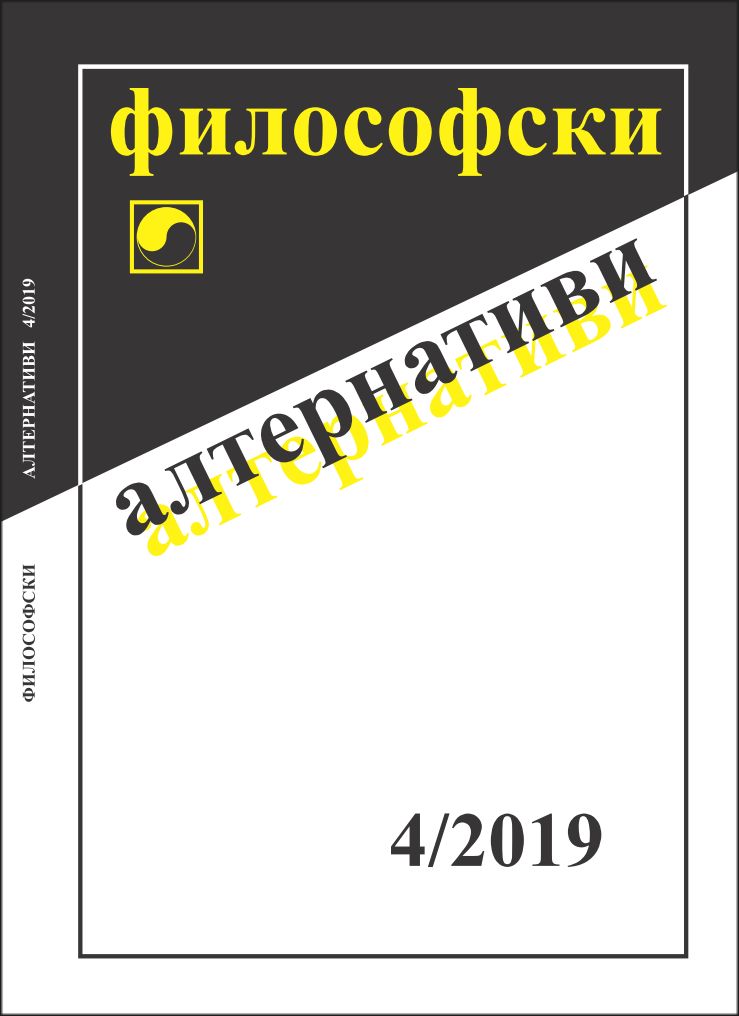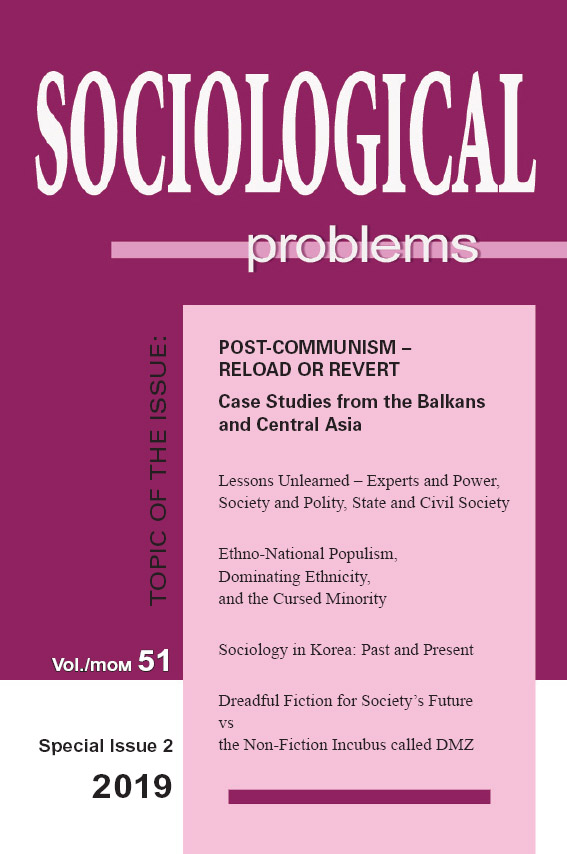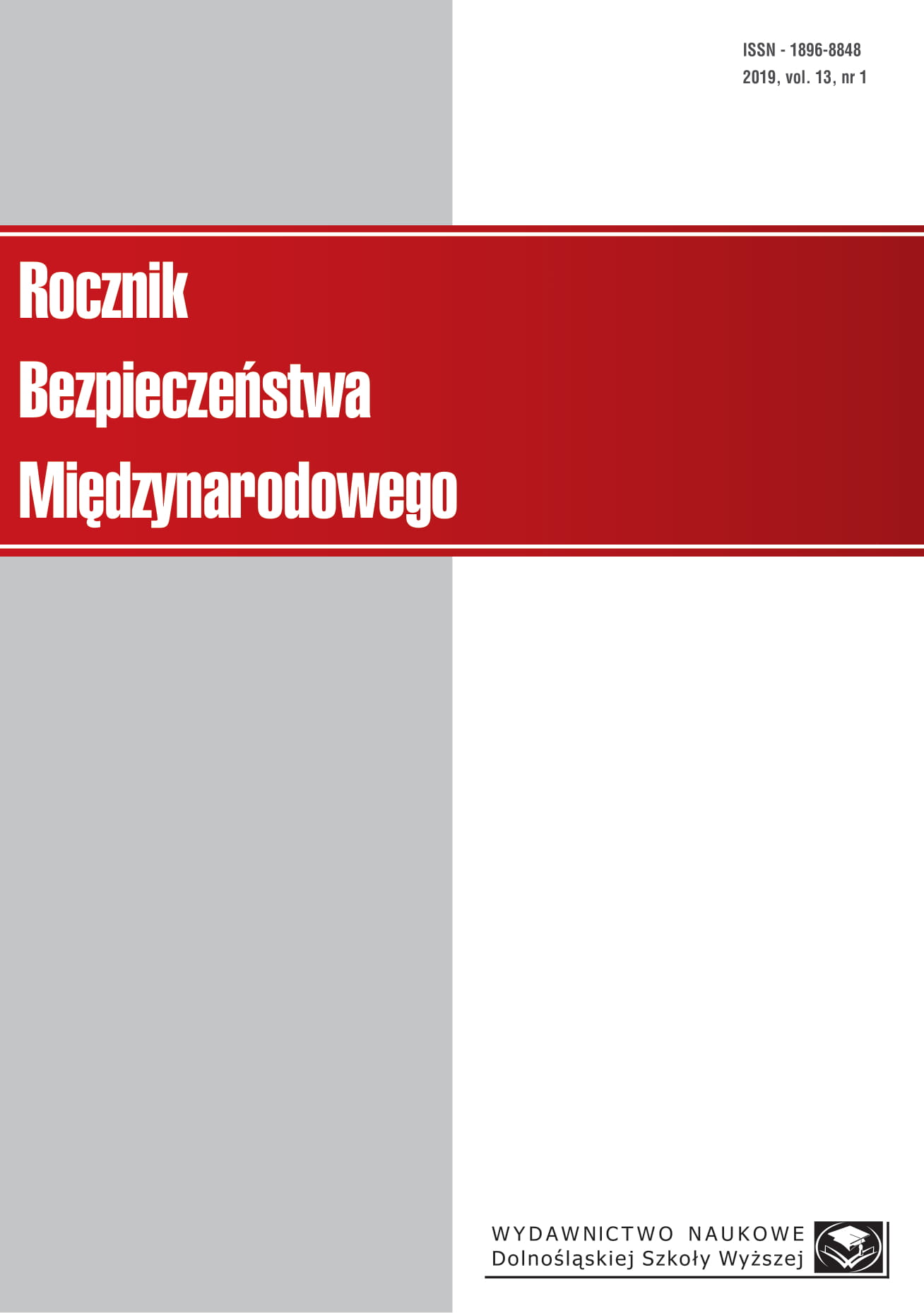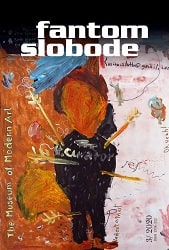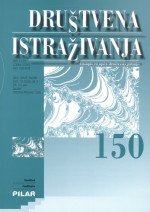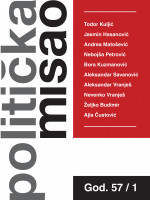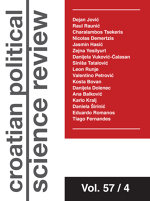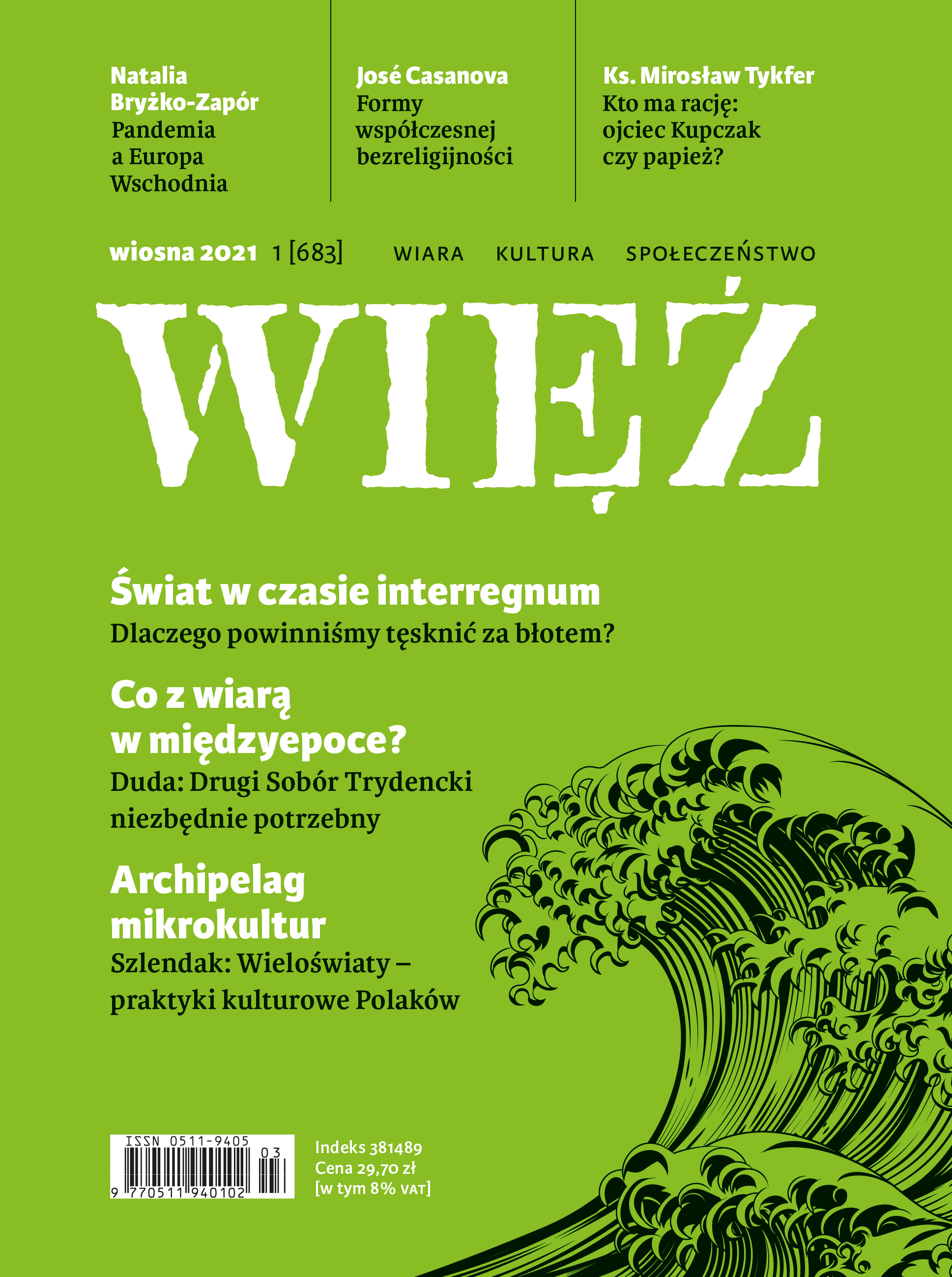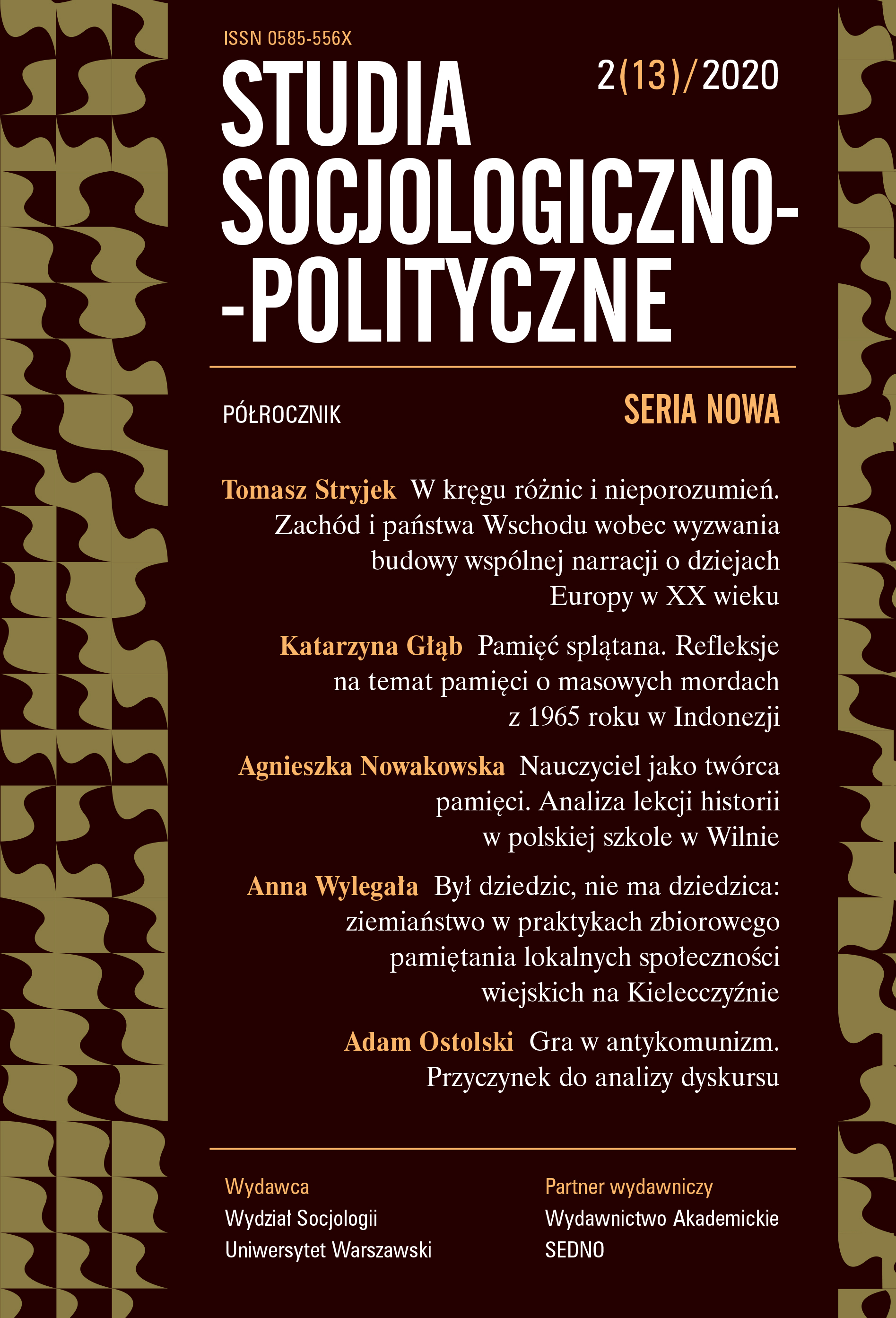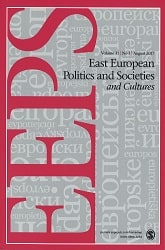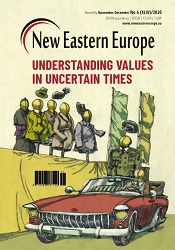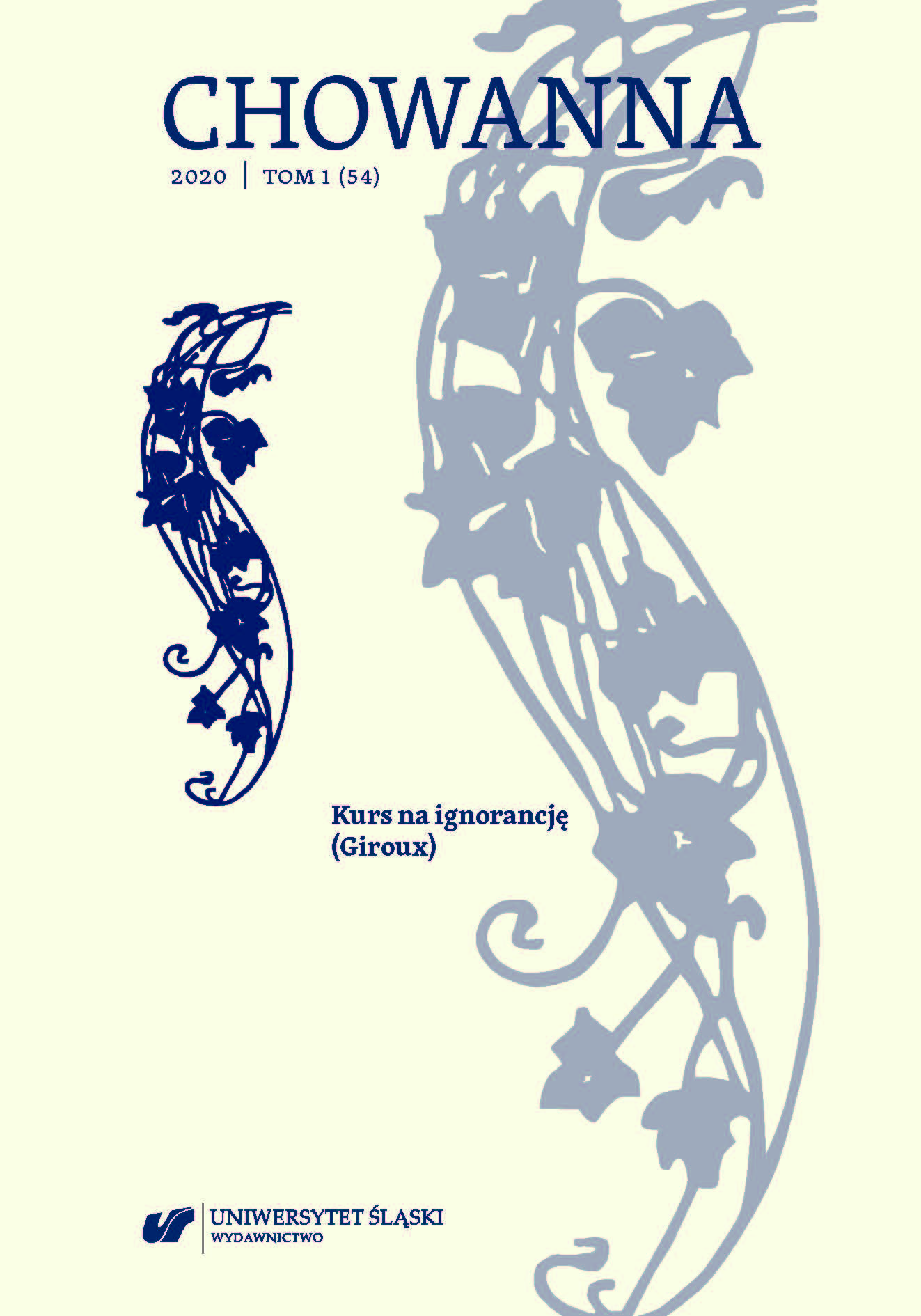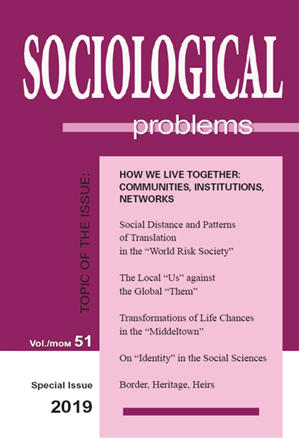
Dimensions of Glocality: The Local “Us” against the Global “Them”
The article poses two questions: how glocality is constituted in modern Bulgaria; and how the “us” identities (“the local people”) and “them” identities (“the refugees”) are constructed. The author concludes that the perception of glocality is increasingly constituted around the axis of a local, concrete fear of a global abstract threat, leading to the re-traditionalization of locality. Based on Brubaker and Cooper’s distinction between identification and categorization, “us” is seen as an identification of the small local community, and “them” as a categorization, constructed by political and media actors, of the “refugees as a threat”. Thus, glocality is charged with tension from the start, because two different worlds meet there - the real face-to-face world and the world of virtual media images. The encounter between the real “us” and the virtual “them” proves impossible, and this impossibility could easily lead to serious clashes between actual groups.
More...
